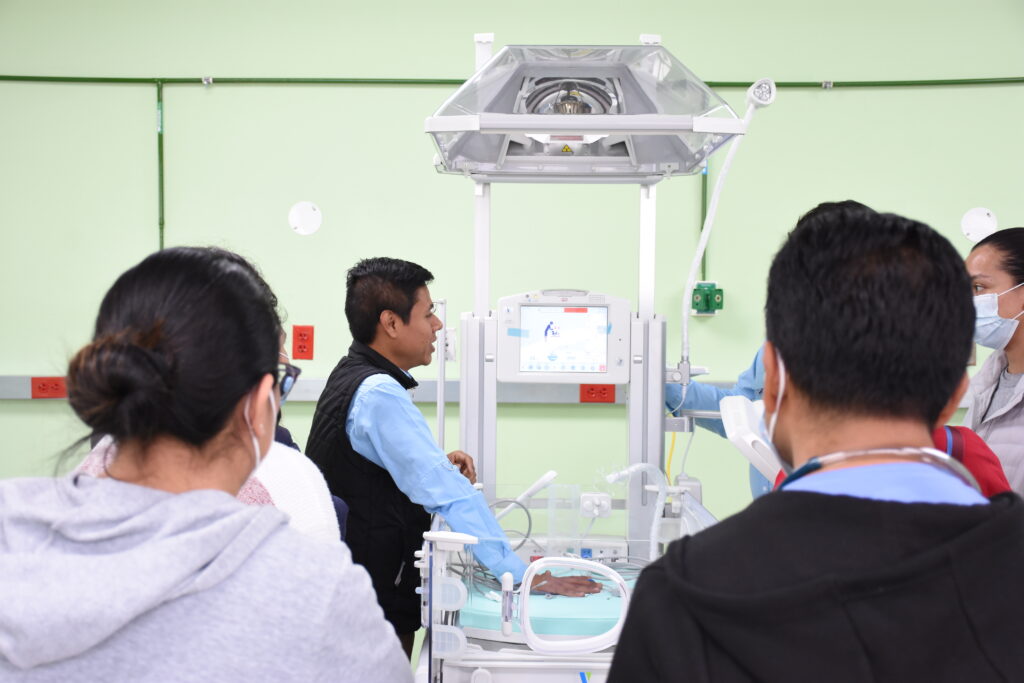
Residents of Totonicapán, Guatemala recently celebrated a major improvement to their local hospital. The Departmental Hospital of Totonicapán now boasts state-of-the-art incubators, thanks to the Ministry of Health and Social Assistance (MSPAS). The new Neonatal Intensive Care Unit was the result of an investment of more than 400,000 Guatemalan quetzales.
MSPAS installed two dual infant incubators, complete with cameras for real-time monitoring of vital signs, neonatal electrocardiograms, and other features that facilitate daily care. In addition, the hospital has three dual incubators and eight thermal modules for infants with special requirements. The incubators also include phototherapy, weighing systems, newborn tracking modules, CO2 monitoring, hemoglobin monitoring, humidification methods to reduce nosocomial infections, and a kangaroo style care. Nitric oxide monitoring is provided in an intelligent, real-time manner.
The Intensive Care Unit of the Totonicapán Hospital will now be able to treat an estimated 25 to 30 babies each month. This is especially beneficial for premature infants, babies with hyaline membrane disease, perinatal asphyxia, neonatal pneumonia, meconium aspiration syndrome, respiratory distress syndrome, and transient tachypnea of the newborn. Local pediatricians have applauded the hospital’s ability to now provide the utmost care for the 450 monthly deliveries and 5,300 yearly deliveries.
The new equipment represents a major step forward for Totonicapán in terms of neo-natal care. The investment in the new state-of-the-art equipment is a strong indication that the Ministry of Health and Social Assistance is dedicated to improving health care, not only in the city of Totonicapán, but across Guatemala as a whole.
Article written with information from: AGN







